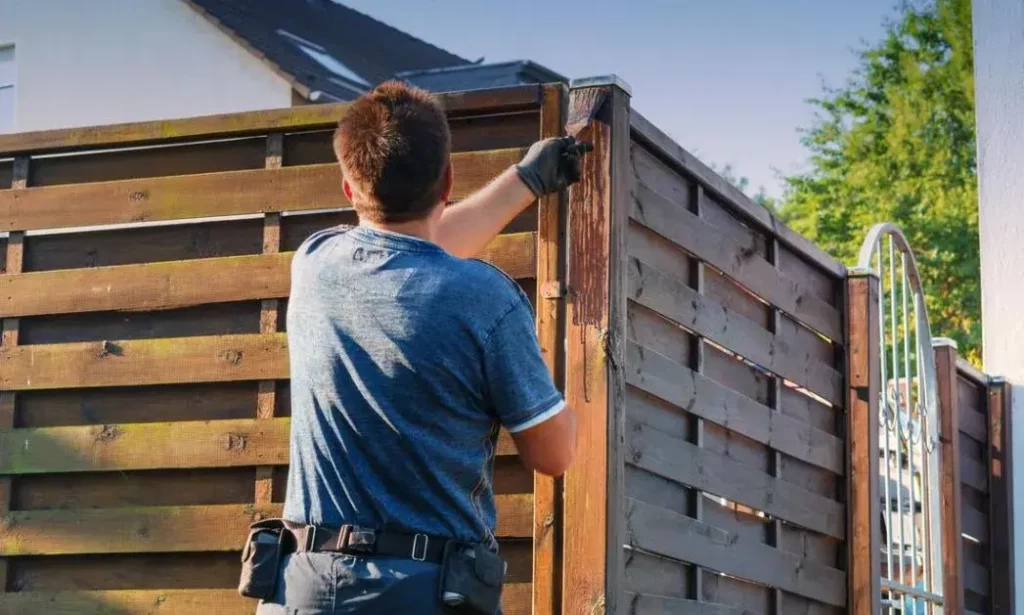Choosing the appropriate wood type for your fence is crucial, not only for the structure’s durability but also for its aesthetic appeal and cost-effectiveness. Pine, cedar, redwood, and cypress each offer distinct advantages and limitations. For instance, while pine is cost-effective and readily available, it may require more maintenance compared to the naturally rot-resistant cedar. Redwood, although more expensive, provides a striking appearance and longevity, whereas cypress offers exceptional moisture resistance. A knowledgeable fences contractor can guide you through these options, ensuring that your choice aligns with both your environmental conditions and design preferences. However, the selection process involves more than just picking the right wood.
Exploring Popular Wood Options
When selecting wood for fencing, several popular options stand out due to their durability, aesthetic appeal, and resistance to decay. Pine, for instance, is widely chosen for its affordability and availability, making it an ideal option for those seeking a sense of community through cost-effective solutions.
Cedar is renowned for its natural oils that repel insects and resist rot, offering a durable yet visually stunning choice for homeowners. Redwood, with its rich color and grain, provides an upscale look while maintaining resistance to weathering.
Cypress rounds out these choices with its inherent ability to withstand damp conditions, making it suitable for varied climates. Each wood type not only enhances property aesthetics but also fosters a communal identity through shared regional preferences.
Expert Recommendations and Tips
Experts recommend treating any wood chosen for fencing with a high-quality sealant to enhance durability and prolong its aesthetic appeal. This not only guards against weathering but also helps maintain the wood’s innate beauty.
To further ensure your fence’s longevity and performance, consider the following:
- Choose the Right Wood Type: Different woods offer varying levels of durability and resistance to decay. Cedar and redwood, for instance, naturally resist rot, making them ideal for longer-lasting fences.
- Proper Installation Techniques: Ensure that posts are set securely in the ground and that they are properly spaced to support the structure. Using galvanized fasteners can prevent rust and corrosion.
- Regular Maintenance: Conduct annual inspections and address any issues such as cracks or signs of insect damage promptly to preserve the fence’s integrity and appearance.
Read more:
Finding a Reputable Fences Contractor: Tips, Resources, Red Flags, Best Practices

